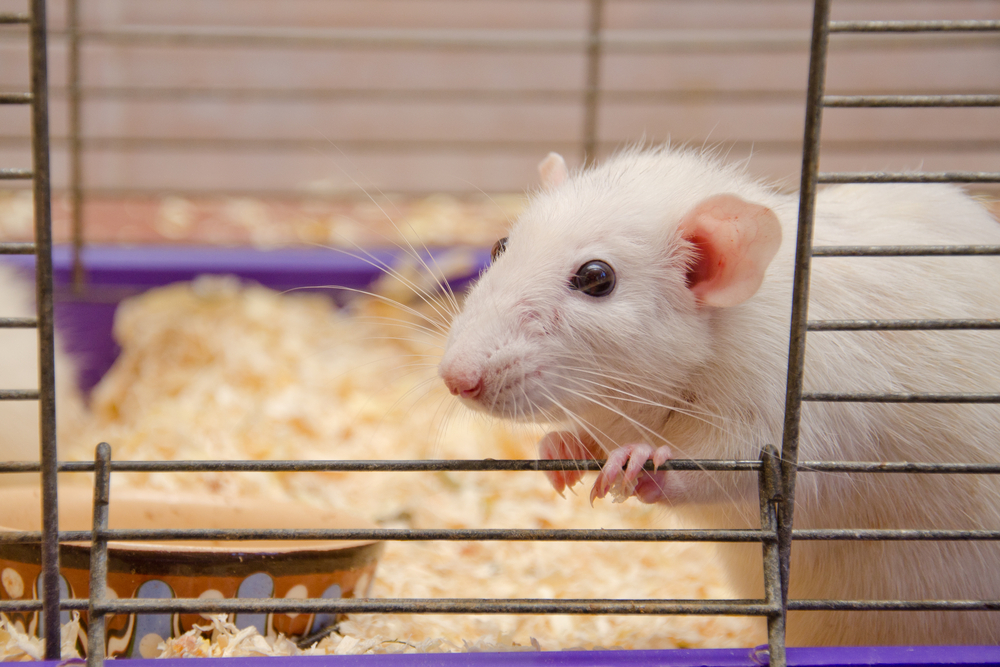Algernon’s Investigational Anti-fibrotic, NP-120, Surpasses Esbriet, Ofev in Reducing Scarred Tissue in IPF Mice
Written by |

NP-120, Algernon Pharmaceuticals‘ repurposed lead candidate for the treatment of idiopathic pulmonary fibrosis (IPF), surpassed two other globally approved therapies — Genentech‘s Esbriet (pirfenidone) and Boehringer Ingelheim‘s Ofev (nintedanib) — in reducing lung tissue scarring (fibrosis) in a mouse model of IPF.
Current guidelines in clinical practice recommend the use of Ofev or Esbriet, two approved anti-fibrotic therapies, to manage the symptoms of IPF and slow disease progression. These recommendations were created based on promising findings from multiple clinical trials assessing the safety and effectiveness of both therapies in people with IPF.
However, according to data from a recent preclinical study, NP-120 — an experimental anti-fibrotic therapy developed by Algernon — achieved better results at reducing the amount of scarred tissue in the lungs of mice treated with the agent bleomycin. A chemotherapeutic antibiotic, bleomycin is used to induce pulmonary fibrosis in these animals.
In the study, animals were treated with bleomycin from day 7 to day 21, and received either Esbriet (100 mg/kg, twice per day), Ofev (40 mg/kg, once per day), NP-251 (another Algernon anti-fibrotic compound; 30 mg/kg, three times a day), or NP-120 (20 mg/kg, three times a day).
Study results showed that mice treated with NP-120 had a reduction of 56% in the amount of scarred tissue compared with untreated control animals. Mice treated with Esbriet had a reduction of 44% in the amount of scarred tissue compared with untreated controls, while animals treated with Ofev or NP-251 had a reduction of 51%.
Earlier experiments also demonstrated that NP-121, an experimental anti-fibrotic compound similar to NP-120, achieved similar results when administered at the same dose as NP-120. That indicates that the compounds’ effectiveness is likely due to their similar chemical structure.
“We have now completed two studies from an independent laboratory, confirming that NP-120 is an effective anti-fibrotic agent for IPF,” Christopher J. Moreau, CEO of Algernon Pharmaceuticals, said in a press release.
“We believe NP-120 could represent a novel approach to treat IPF, and we look forward to advancing our lead into a Phase 2 clinical trial as quickly as possible to establish human efficacy. We also intend to pursue discussions with the firms responsible for the development of NP-120 and NP-121, and to seek an orphan designation with regulatory authorities,” Moreau added.
NP-120 is being used for the treatment of neurological disorders in Japan, while NP-121 is a repositioned compound that has undergone extensive testing in Phase 2/3 clinical trials.






